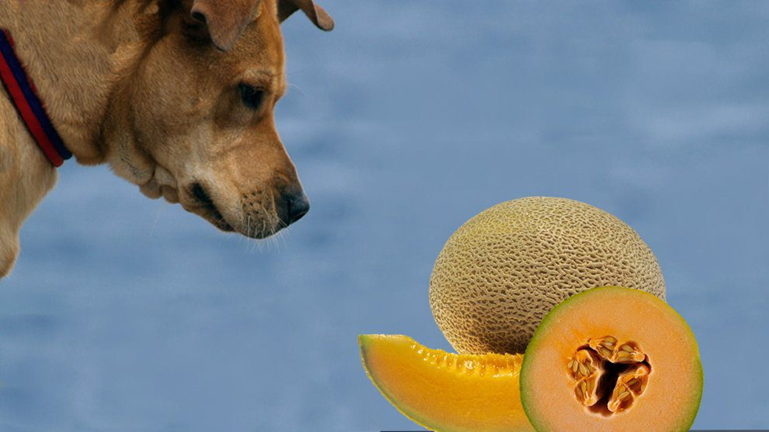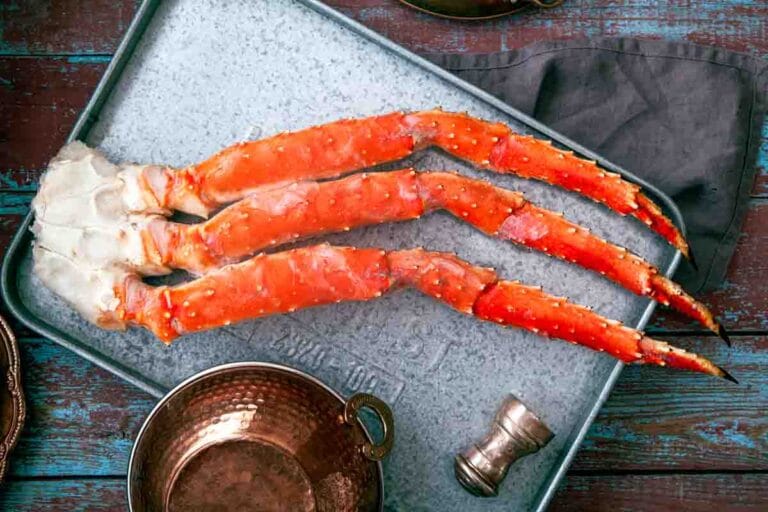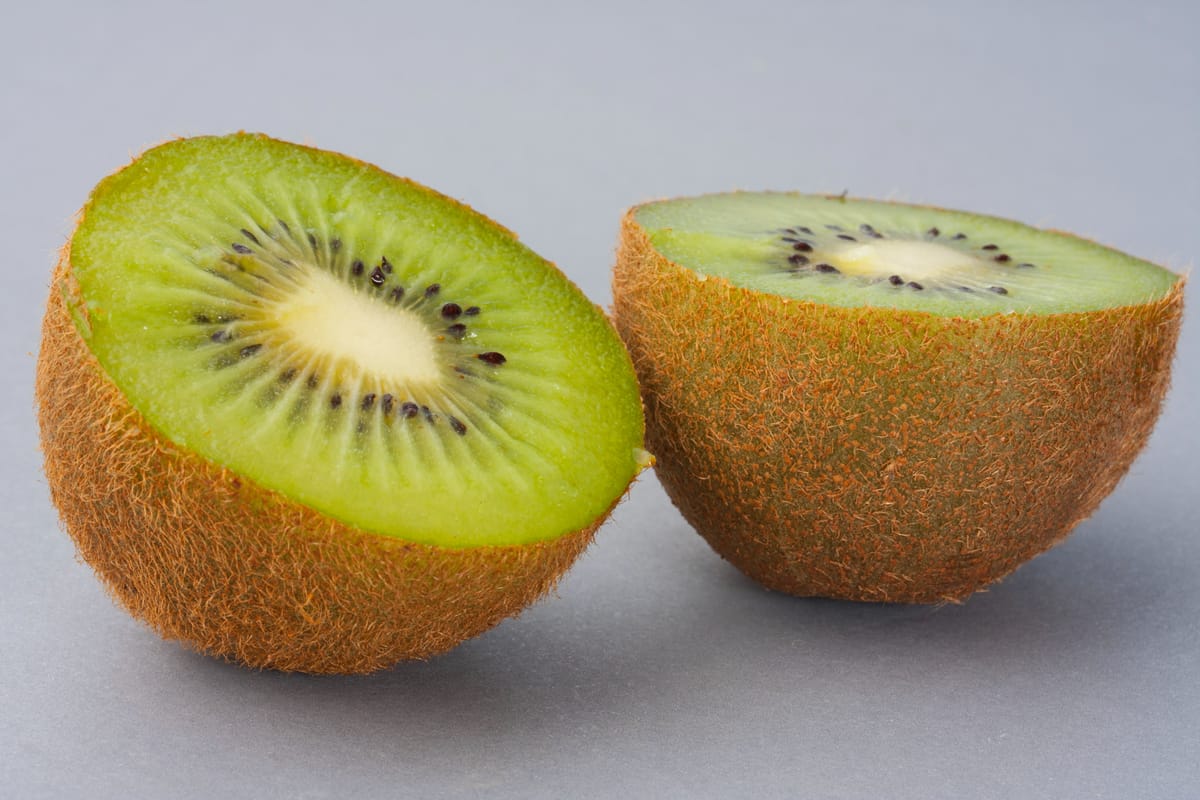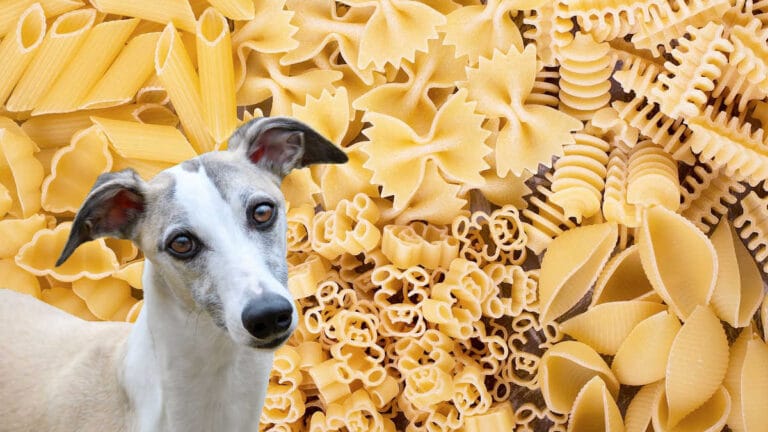Dogs are known to be curious creatures who will eat almost anything that comes their way. As a dog owner, you may have wondered whether it is safe for your furry friend to consume eggshells. While eggs are considered to be a great source of protein and other nutrients for dogs, eggshells can be a bit tricky.
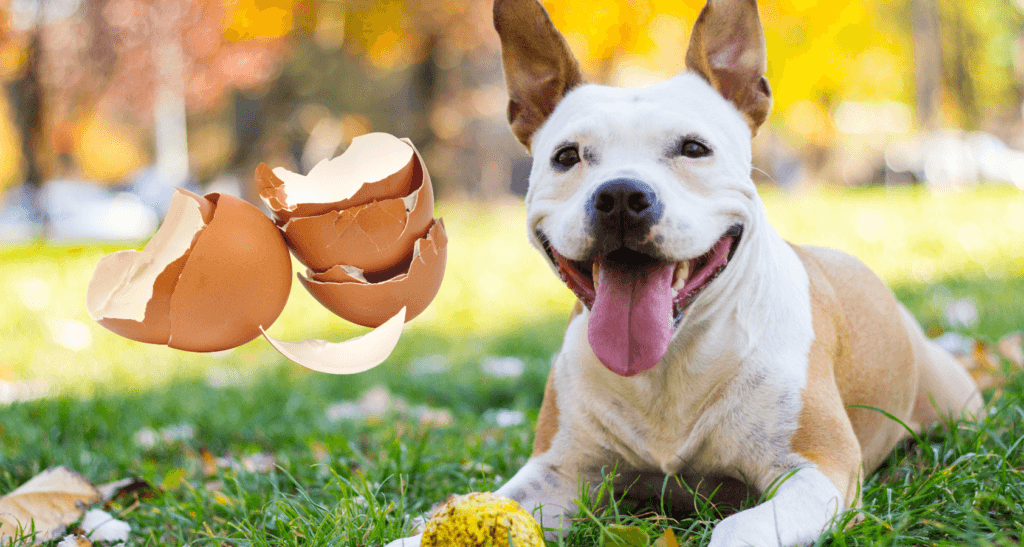
Eggshells are made up of calcium carbonate, which is a form of calcium that is essential for bone health and muscle function. However, they can also be a choking threat for dogs if they are not properly crushed or ground up. Additionally, the sharp edges of eggshells can cause damage to a dog's digestive system, leading to discomfort and possible health problems.
So, can dogs eat eggshells? The answer is yes but with caution. Here, we will explore the benefits and risks of feeding eggshells to dogs and provide some guidance on how to safely incorporate them into your dog's diet.

Can Dogs Eat Eggshells?
Eggshells are a good source of calcium and other essential nutrients that are beneficial for dogs. However, before feeding eggshells to your dog, it is significant to understand the potential risks and concerns.
Health Benefits of Eggshells
Eggshells are an excellent source of calcium carbonate, a form of calcium that is easily absorbed by dogs. Calcium is an essential mineral that is critical for strong bones, teeth, and muscles. It also plays a vital role in nerve function and blood clotting. Eggshells also contain other required nutrients such as magnesium, potassium, and phosphorus.
Eggshell powder, which is made by grinding eggshells into a fine powder, can be added to a dog's food as a dietary supplement to provide additional nutrients. It is important to note that eggshell powder should be used in moderation and under the guidance of a veterinarian.
Potential Risks and Concerns
While eggshells can be a beneficial addition to a dog's diet, there are some potential risks and concerns to consider. Salmonella and other harmful bacteria can be present on eggshells, so it is essential to wash them thoroughly before feeding them to your dog.
Eggshells can also have sharp edges that can cause pain and injury to a dog's digestive system if not properly crushed or ground into a fine powder. It is necessary to ensure that the eggshells are thoroughly crushed or ground before feeding them to your dog.
Thus, eggshells can be a safe and nutritious addition to a dog's diet when fed in moderation and prepared properly. However, it is needed to consult with a veterinarian before adding any new supplements to your dog's diet to ensure that they are getting the proper nutrients and to avoid any potential health risks.
Nutritional Value of Eggshells for Dogs
Eggshells are a great source of nutrition for dogs. They are rich in essential nutrients that can help improve your dog's health. Here are some of the nutritional benefits of feeding your dog eggshells.
Calcium and Phosphorus Content
Eggshells are an excellent source of calcium and phosphorus, two minerals that are essential for strong bones and teeth. Calcium and phosphorus work together to confirm that your dog's bones and teeth stay healthy and strong. Eggshells contain more calcium than most other food sources, making them an excellent addition to your dog's diet.
Other Essential Nutrients
In addition to calcium and phosphorus, eggshells contain other essential nutrients that can benefit your dog's health. These nutrients include protein, iron, selenium, magnesium, biotin, fatty acids, folate, and riboflavin.
Protein is essential for building and repairing tissues in your dog's body, while iron helps to transport oxygen throughout the body. Selenium is a powerful antioxidant that can help protect your dog's cells from damage, and magnesium is essential for healthy muscle and nerve function. Biotin is substantial for healthy skin and coat, while fatty acids help to keep your dog's skin and coat healthy and shiny. Folate and riboflavin are necessary for energy production and overall health.
Feeding your dog eggshells can be a great way to provide them with essential nutrients that can help improve their health. You can grind up eggshells into a fine powder and mix it into your dog's food to make it easier for them to digest. Just be sure to wash the eggshells thoroughly before grinding them up to remove any bacteria or contaminants.
Preparing Eggshells for Dogs
Dogs can eat eggshells, but it is required to prepare them properly to ensure that they are safe and easily digestible. Here are some tips for preparing eggshells for your furry friend.
Cooking and Grinding Eggshells
Raw eggshells should not be fed to dogs as they may contain harmful bacteria. Instead, it is recommended to cook the eggshells before giving them to your dog. To do this, simply boil the eggshells in water for around 5 minutes. Once the eggshells are cooked, they can be dried in a low-heat oven for 30 minutes.
After the eggshells are cooked and dried, they can be ground into a fine powder using a coffee grinder, food processor, or blender. It is paramount to grind the eggshells into a fine powder to ensure that they are easily digestible for your dog.
Serving Suggestions
Once the eggshells are ground into a fine powder, they can be added to your dog's food as a calcium supplement. It is suggested to start with a small amount of eggshell powder, around 1/4 teaspoon per day, and gradually increase the amount over time.
Alternatively, you can mix the eggshell powder with water to form a paste and serve it to your dog as a treat. It is important to note that eggshell powder should not be the sole source of calcium in your dog's diet, and should be used in conjunction with a balanced diet.
Overall, with proper preparation and serving, eggshells can be a safe and nutritious addition to your dog's diet.
Incorporating Eggshells into a Dog's Diet

Eggshells are a great source of calcium, which is essential for the growth and development of dogs. Incorporating eggshells into a dog's diet can provide a natural and cost-effective way to supplement their calcium intake. However, there are some considerations to keep in mind when feeding eggshells to dogs.
Age and Size Considerations
The amount of eggshells that a dog can safely consume depends on their age and size. Puppies require more calcium than adult dogs for their growth and development, but they also have smaller digestive systems. It is recommended to consult with a veterinarian to determine the appropriate amount of eggshells to feed to a puppy.
Similarly, smaller dog breeds may require less calcium than larger breeds. It is important to take into account the size of the dog when incorporating eggshells into their diet.
Medical Conditions and Dietary Needs
Dogs with medical conditions such as arthritis or biotin deficiency may benefit from the addition of eggshells to their diet. However, it is important to consult with a veterinarian before making any dietary changes for a dog with medical conditions.
Additionally, some dogs may have specific dietary needs that require them to avoid certain foods, including eggshells. It is important to take into account a dog's individual dietary needs and restrictions before incorporating eggshells into their diet.
Incorporating eggshells into a dog's diet can provide a natural and cost-effective way to supplement their calcium intake. However, it is important to consider a dog's age, size, medical conditions, and dietary needs before making any dietary changes. Consulting with a veterinarian can help ensure that a dog's diet is balanced and meets their individual nutritional needs.
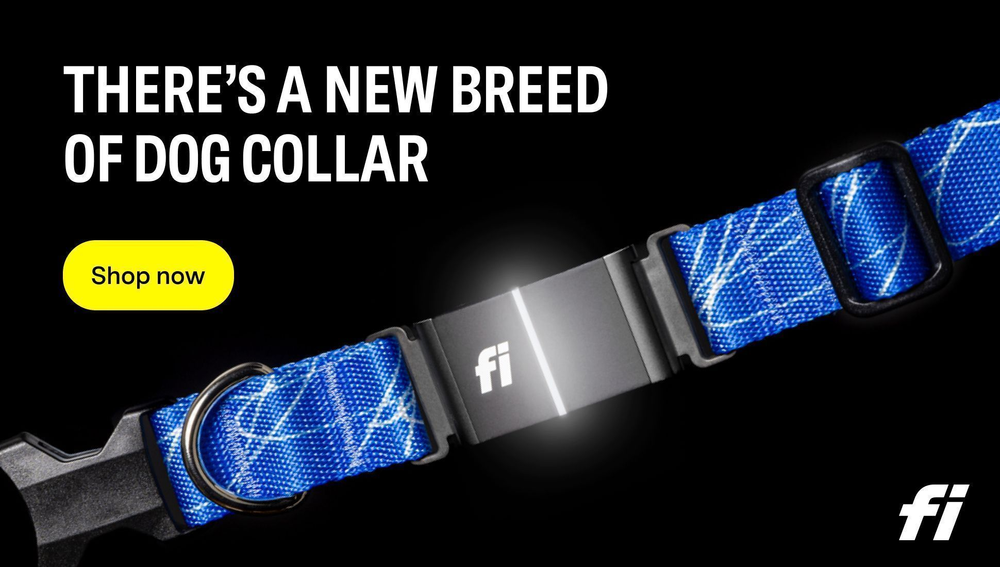
Safety Measures and Best Practices
Avoiding Contamination and Allergies
When feeding dogs eggshells, safety measures must be taken to avoid contamination and allergic reactions. Eggshells can carry bacteria, such as salmonella, which can cause illness in both dogs and humans. Therefore, it is crucial to clean the eggshells thoroughly before feeding them to dogs.
To clean eggshells, rinse them with water and then boil them for 5-10 minutes. After boiling, let them cool down and then grind them into a fine powder. This will help to eliminate any bacteria that may be present on the eggshells.
It is also important to ensure that the eggshells come from a safe and organic source. Free-range eggs are often considered to be a healthier option as they are less likely to contain harmful chemicals and antibiotics.
If a dog has a history of allergies, it is important to consult with a veterinarian before feeding them eggshells. Eggshells contain a protein called ovomucoid, which can cause allergic reactions in some dogs. Veterinarians can provide medical advice and guidance on whether it is safe to feed eggshells to a particular dog.
Fi GPS Tracking Dog Collar
Fi GPS tracking Dog Collar is ideal for helping keep your dog in the best shape. It enables you to track the dog's exertion levels and steps, which you can compare to other dogs of similar breeds within your neighborhood.
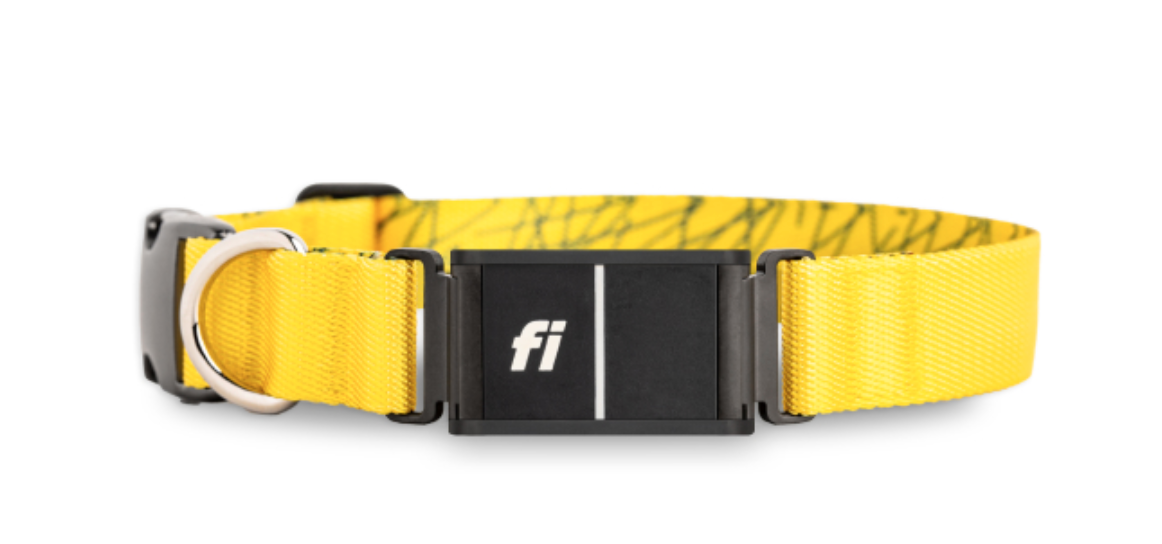
These tracking collars come in four core colors: pink, blue, gray, and yellow. They're a perfect fit for dogs whose neck sizes range between 11.5 and 34.5 inches. With its GPRS tracking feature, you'll instantly get a phone alert if your pup friend ever gets out unexpectedly.
Specifications
- Unmatched battery life lasting up to three months between charges
- An accurate way to get notified when your dog escapes
- Shows your dog's location history
- Compatible with smartphone devices
- Supports alarm applications
- Waterproof
Consulting with a Veterinarian
Before introducing eggshells into a dog's diet, it is important to consult with a veterinarian. Veterinarians can guide the appropriate amount of eggshells to feed a dog based on their health and nutritional needs.
In addition, veterinarians can provide advice on the best practices for storing and handling eggshells. Eggshells should be stored in a refrigerator to prevent spoilage and contamination.
Overall, feeding eggshells to dogs can be a healthy and nutritious addition to their diet when done safely and with the guidance of a veterinarian.
The Bottom Line on Dogs and Eggshells
Eggshells are a great source of calcium and other nutrients. It is safe for dogs to eat eggshells as long as they are cooked and crushed into small pieces. However, it is crucial to note that eggshells should not be the sole source of calcium in a dog's diet.
Calcium is essential for dogs as it helps with bone growth and development. Eggshells are a natural source of calcium that can be added to a dog's diet. However, it is needed to confirm that the dog is receiving a balanced diet with other essential nutrients.
When feeding a dog eggshells, it is demanded to crush them into small pieces to avoid any choking hazards. Additionally, it is recommended to cook the eggshells before feeding them to a dog to ensure that they are free from harmful bacteria.
Hence, eggshells can be a nutritious and safe addition to a dog's diet. However, it is significant to ensure that they are cooked and crushed into small pieces and not the sole source of calcium in a dog's diet.
FAQs
- Q1: Can puppies eat eggshells
- A1: Yes, but in smaller amounts. Puppies have different nutritional needs, so consult your vet for the proper dosage.
- Q2: Are organic egg shells better?
- A2: Organic egg shells are preferable as they are less likely to contain pesticides or chemicals.
- Q3: Can eggshells cause constipation in dogs?
- A3: In moderation, eggshells shouldn't cause constipation. However, excessive calcium can lead to digestive disorders.
- Q4: How long can ground egg shells be stored?
- Q4: Ground eggshells can be stored in an airtight container for up to two months.
- Q5: Can eggshells replace commercial supplements?
- A5: Eggshells can supplement your dog's diet, but they shouldn't completely replace a balanced diet or essential supplements prescribed by your vet.
Want to know more things dogs can or can't eat? Check out these articles:

